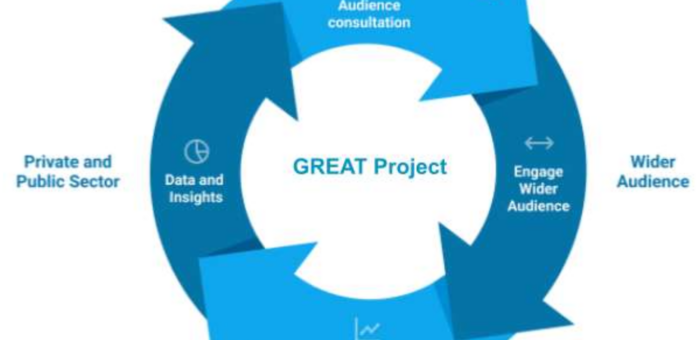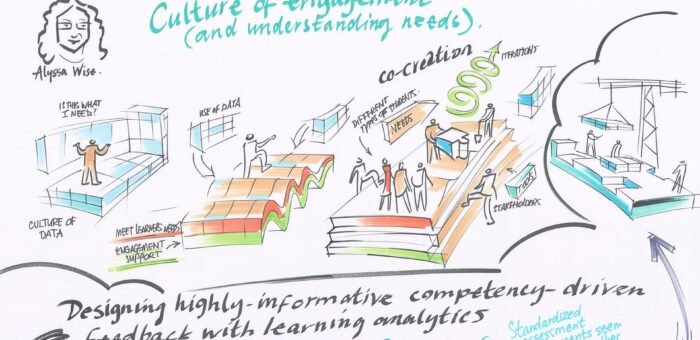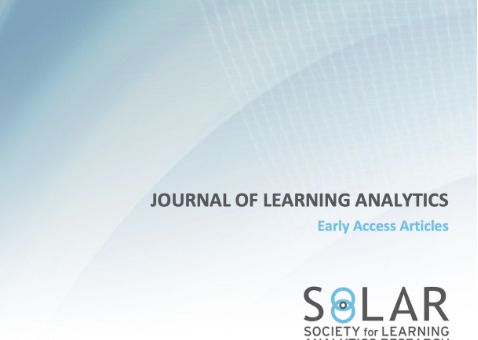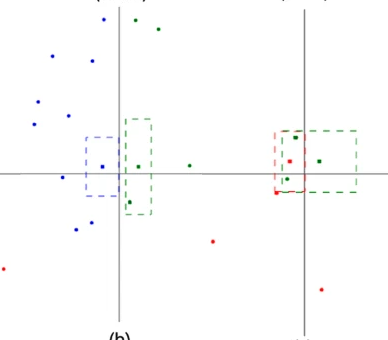
Project kick-off: Games Realising Effective and Affective Transformation (GREAT)
Using computer games to improve climate protection A new European Union-funded project involving scientific and private-sector partner organizations is investigating how computer games can be used to improve climate protection. The aim is to raise awareness among citizens of the relevant challenges and to provide policymakers with information on how to align climate protection even more closely with the needs of society. The international project consortium is coordinated by the DIPF | Leibniz Institute for Research and Information in Education. "Digital games are becoming increasingly popular. We want to combine this potential with citizen science methods and use it for a central policy field," explains Dr. Jane Yau, a member of the project management team at DIPF together with Dana Kube and Nina Seidenberg. On the one hand, the games…









